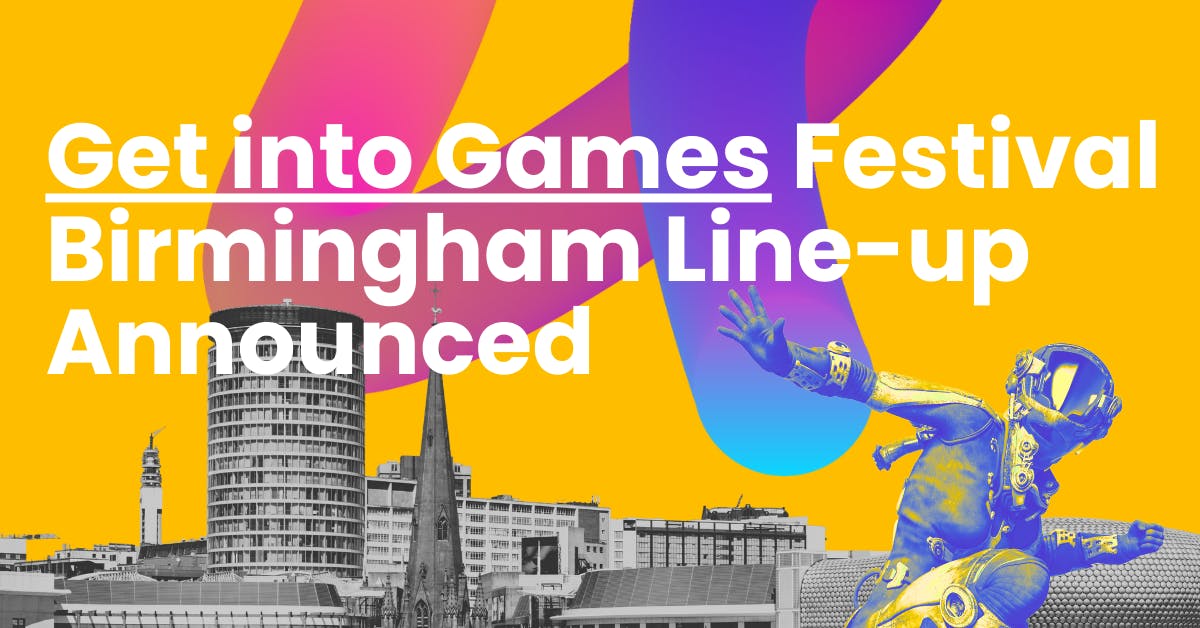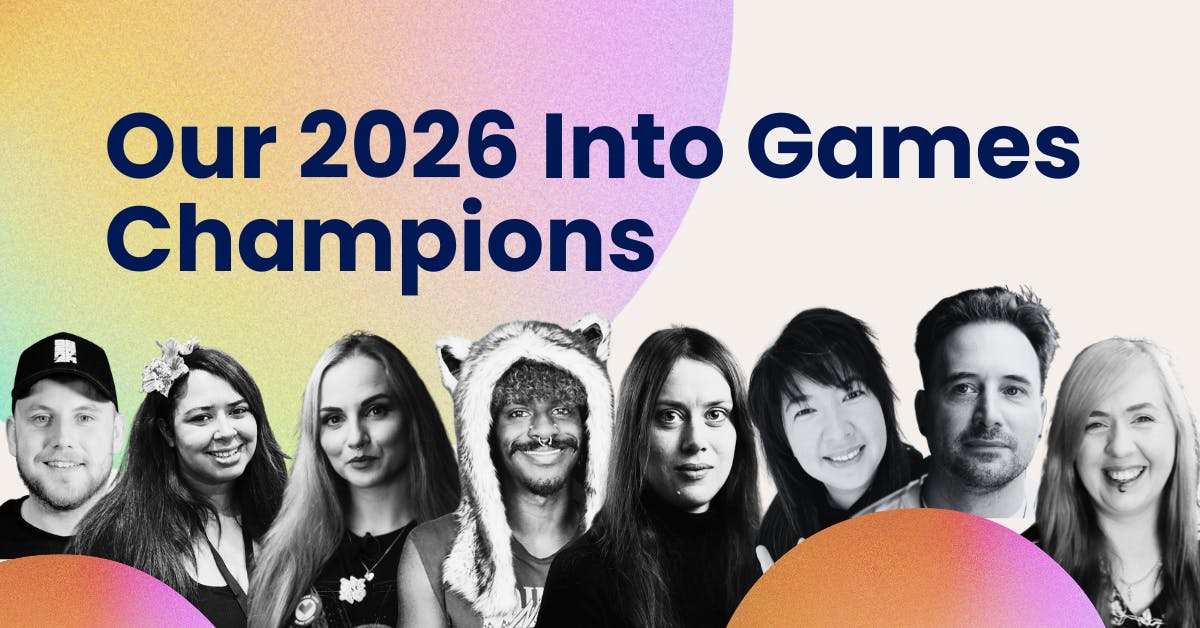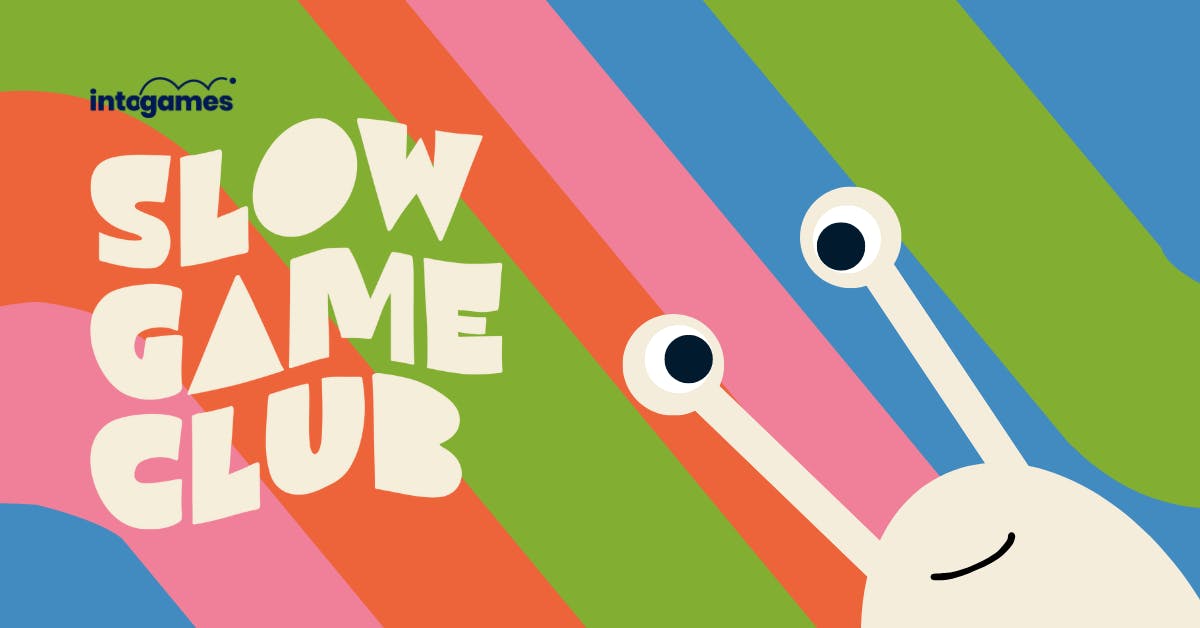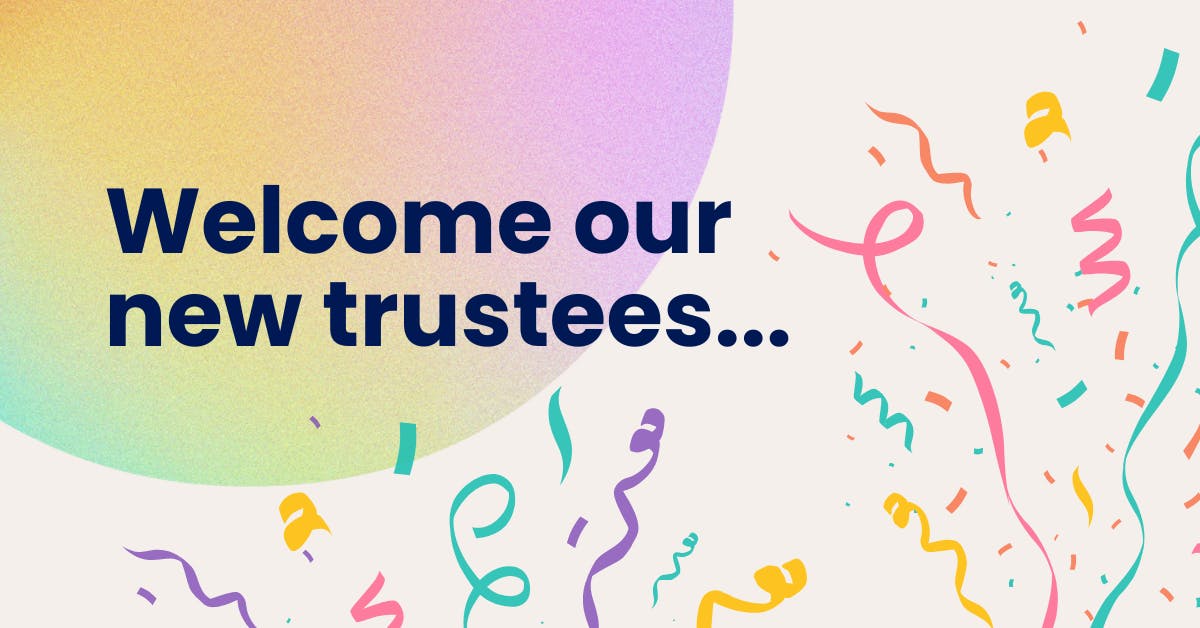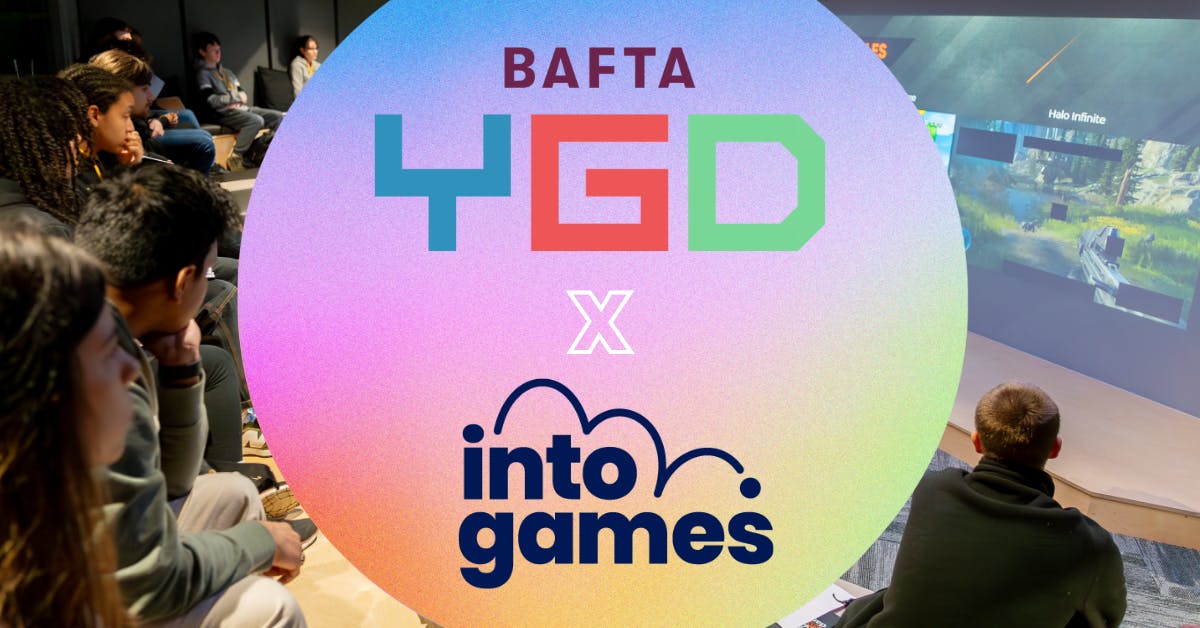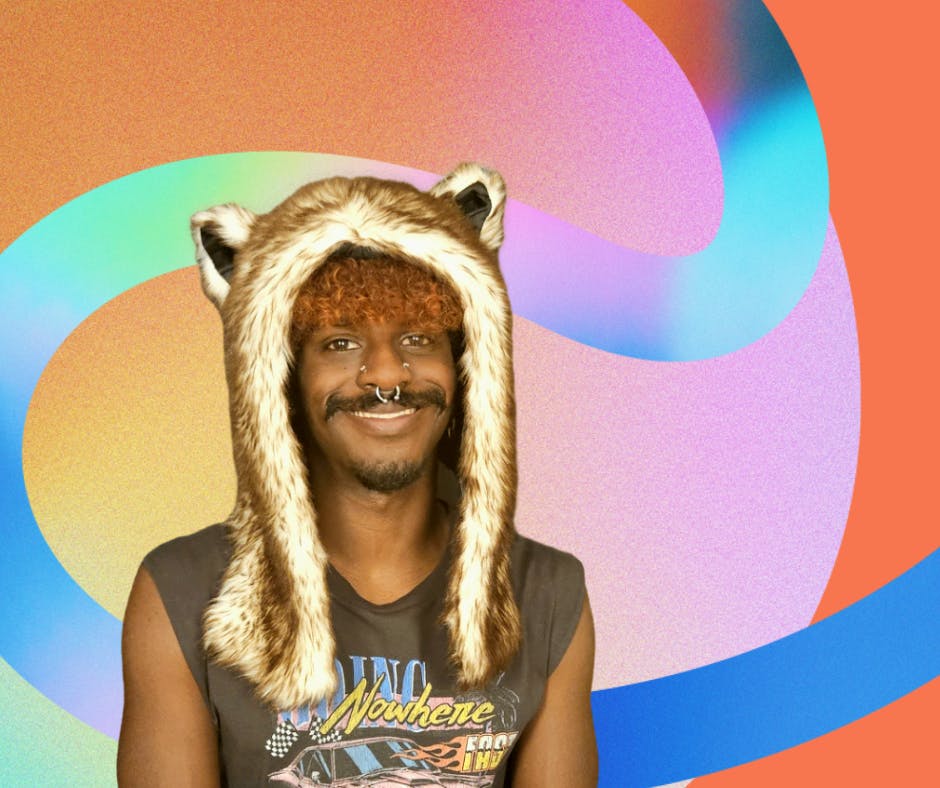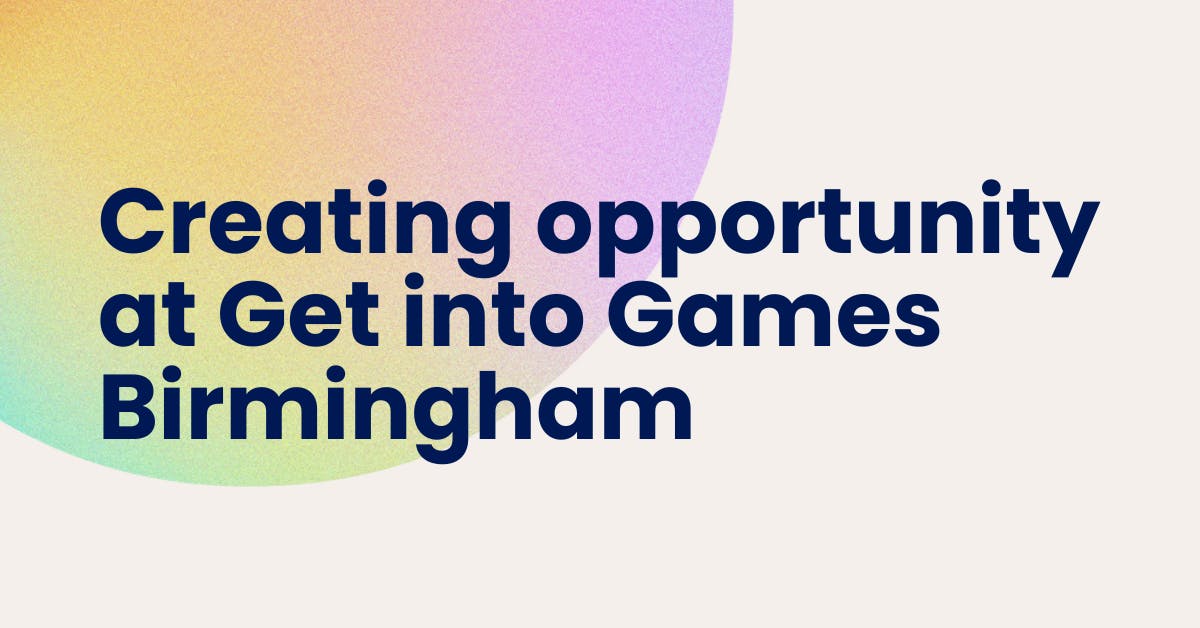
28 May 2020
What does a Programmer in games do? Interview with Matt Griffiths, Bird in Sky
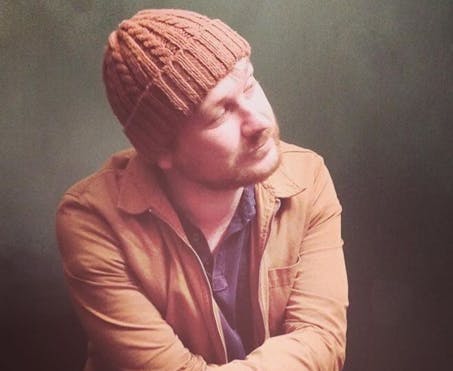
Matt Griffiths previously worked as a senior programmer with FuturLab, coding for games for all consoles including Peaky Blinders and Mini Mech Mayhem. Now in 2020, Matt has gone solo and launched Bird in the Sky to help develop his own game. We asked Matt, some key questions about getting into the games sector.
Explain your role like I'm 5 years old
I help to make games come alive. Do you know when you're jumping around in Roblox or breaking blocks in Minecraft? I help make that happen by writing special words and numbers on a computer. I work together with lots of other like minded people to make games fun. It might sound complicated but it's a very creative job.
Take us through your average day at work
Every morning begins with waking up, getting ready for the "standup". This is a 10 minute time of the day where everyone working at the office stands around in a circle. Then one by one we all say what we did yesterday and what we'll be getting up to today. It's not to keep track of your work, so much an opportunity for everybody to know what's going on. I then start on some of my tasks like adding a game play feature or fixing bugs, talk to colleagues and get some breakfast from the kitchen.
At 1 it's time for lunch, so to get away from my desk I take a walk. Lunch is also a great time to chat to your friends or play games together. Everyone I work with is lovely. We all really care about how games are made and have fun talking about them. For the rest of the day I'm working with designers and artists to complete my tasks. At the end of the day I'll play through the game to make sure my new features all work correctly. At 5pm it's time for home, but not before chatting some more about games!
What was your educational and career journey into your current role?
I started my video game journey by first playing lots of games. I played Elite back when I was very young. It was the game that inspired me to try programming myself. In my day you'd get magazines with all the code written out for you to copy and type in to the computer. It was a great way to learn, but I needed more. So I completed an A-level in Computing and then a degree in Computing. All this time I was learning, but I was also working on my own games in my spare time. I learned a lot, made some games I could show during an interview and eventually applied for a few games testing jobs.
I found it quite tricky to get in to games as a programmer as I needed more experience. So I spent more time learning, worked more on my own games and eventually got a great programming job in Manchester. Here I would learn a lot, including VR (or Virtual Reality). Then a few years later, an amazing opportunity presented itself and I changed jobs. I moved to Frontier Developments in Cambridge and got to work on the new Elite, a sequel to the game that'd inspired me all that time ago. Over the years I've worked at a few places, meeting great people and learning new skills.
So, an education is very important to give you a foundation, but a real passion for playing games, understanding how they work and forming and working on your own ideas is a sure fire way to get to where you want to be.
What is the most rewarding thing about your role
I got to work on the sequel to the game that'd inspired to me start all those years ago. When I see players enjoying the game I spent long and hard making, it makes it all worth while. But I think the most rewarding thing is feeling like I'm working with other developers who love their craft.
What other roles do you work with the most
Other programmers are the best resource. If I have a problem that I can't fix, I like to do something called a "Rubber Duck". I tell another programmer (or even a real rubber duck on my desk) what the problem is. By explaining the problem to someone who might not necessarily know the issue, it highlights where a possible solution might be. This is surprisingly effective for anything in my life! I also talk to a lot of artists, who always work very closely with programmers. Finally, the QA (Quality Assurance) Team are always great to talk to. They play and test the game all day, every day and know it inside and out!
What's the most challenging thing about your role?
The most challenging thing with any creative endeavour is having the strength to complete it. Sometimes you'll work on the same game for years, play it every day and find bugs all the time. But with all the team working together, it makes the challenge worthwhile.
What software or digital tools do you use the most?
Being a programmer I tend to write code in an IDE (Integrated Development Environment). That's a fancy work for a program where I can write code quickly. I write code for most of my work, but I also use Unity3D, which I totally recommend. I also use Fork for "version control", which is an important part of working in any team. Finally, I always use task tracking software that helps keeps everyone on the team on the same page - to help finish the game on time.
What are the key skills needed for you to work on to do your role?
You need to have an analytical and inquisitive mind, to be someone who asks questions about how things are done or made. When I was young, I heard that programmers needed to be maths geniuses, but I'm terrible at maths! I've learned that programmers aren't one kind of person, they're all kinds. Being able to communicate and discuss the problems and solutions you're working on with other people is an invaluable skill and can't be understated.
What advice would you give to your younger self looking to get started in the industry?
You'll love what you're currently doing, but it'll take while to get there. Don't be downhearted. It might take a while, but you'll get there and it'll be worth it. Keep working on your games and learn as much as you can.
Do you have any links to good articles or videos that you think might give some tips or advice to someone starting in your role?
If you're interested in getting in to programming, the best place to start is with Unity3D. Fortunately, it's so popular these days that there are hundreds of articles and YouTube tutorials to guide you. Another recommendation is to play as many games as you can. Analyse an aspect of the game you like, and do some research to find out how it was made!
Stay up to date
It's time to level up your inbox
Pick which newsletters you're interested in receiving, and customise further by specifying a discipline.
Join our mailing listTell me more
